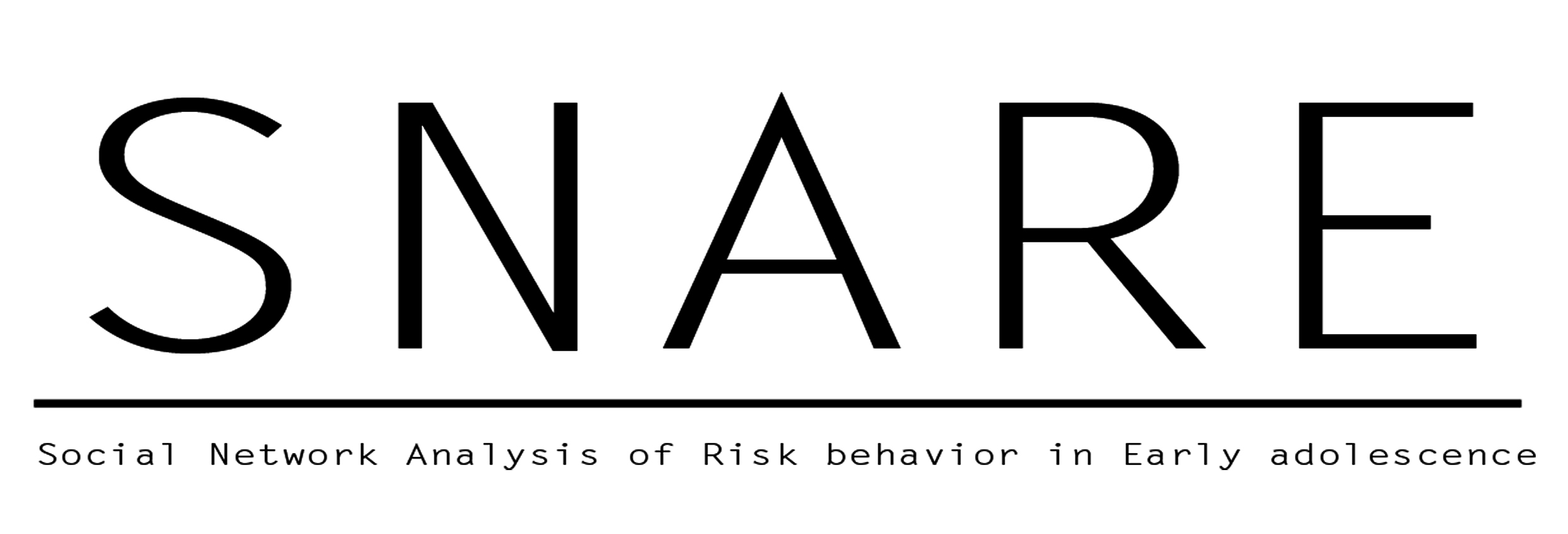
SOLID-project
Bullying is a pervasive problem in schools, with disastrous effects on victims. Many interventions promote peer defending (standing up against bullies, consoling victims) in the hope that it stops bullying and improves victims’ psychological adjustment. Recently, a few studies examined whether victims actually benefit from being defended, and alarming findings emerged: being defended was ineffective or even provoked more bullying and worsened victims’ psychosocial adjustment. How can this be the case? In this project, I propose that the effects of defending can be explained by victims’ social cognitions (e.g., learned helplessness), and depend upon defender- and victim characteristics (popularity of defenders, victims’ self-confidence), and classroom norms. Combining social network analyses with a daily diary design, I will advance a theoretical model of the effects of defending on victims, which will be translated into practical guidelines for anti-bullying programs.

SNARE-project
SNARE (Social Network Analysis of Risk behaviors in Early adolescence) is a longitudinal project on adolescents’ social networks and the development of behavior. We approached all first and second-year students at two secondary schools in the Netherlands (comparable to Grade 7 – 8 in the U.S.) to participate in the SNARE project at the start of the 2011-2012 school year (Cohort 1). For the next school year, 2012-2013, a second cohort of first-year students entering these secondary schools was asked to participate in the project (Cohort 2). A third cohort of first, second and third-year students was approached at another school in the 2016-2017 school year (SNARE GENETICS sample). Data were collected at three points during one school year: in the autumn, winter, and spring. At each measurement occasion, participants were asked about several aspects of their daily lives, for example, their relationship with parents, their social-emotional functioning, and time spending. In addition to that, peer nominations were used to assess, amongst others, friendships, antipathies, help, and peer valued characteristics such as popularity.

SterkWerk-project
The Dutch Meaningful Roles (SterkWerk) project provides every student in with a job (meaningful role). The intervention is created based on the assumption that bullying often occurs because youth strive for popularity. Rather than punishing the bullying, this intervention aims at teaching students alternate, prosocial means to obtain popularity. Thus, the intervention attempts to work with, instead of against, the powerful goals and motives that underlie and reinforce bullying behavior. Data has been collected at about 11 schools across 2 years, among about 700 students (3 waves a year).

